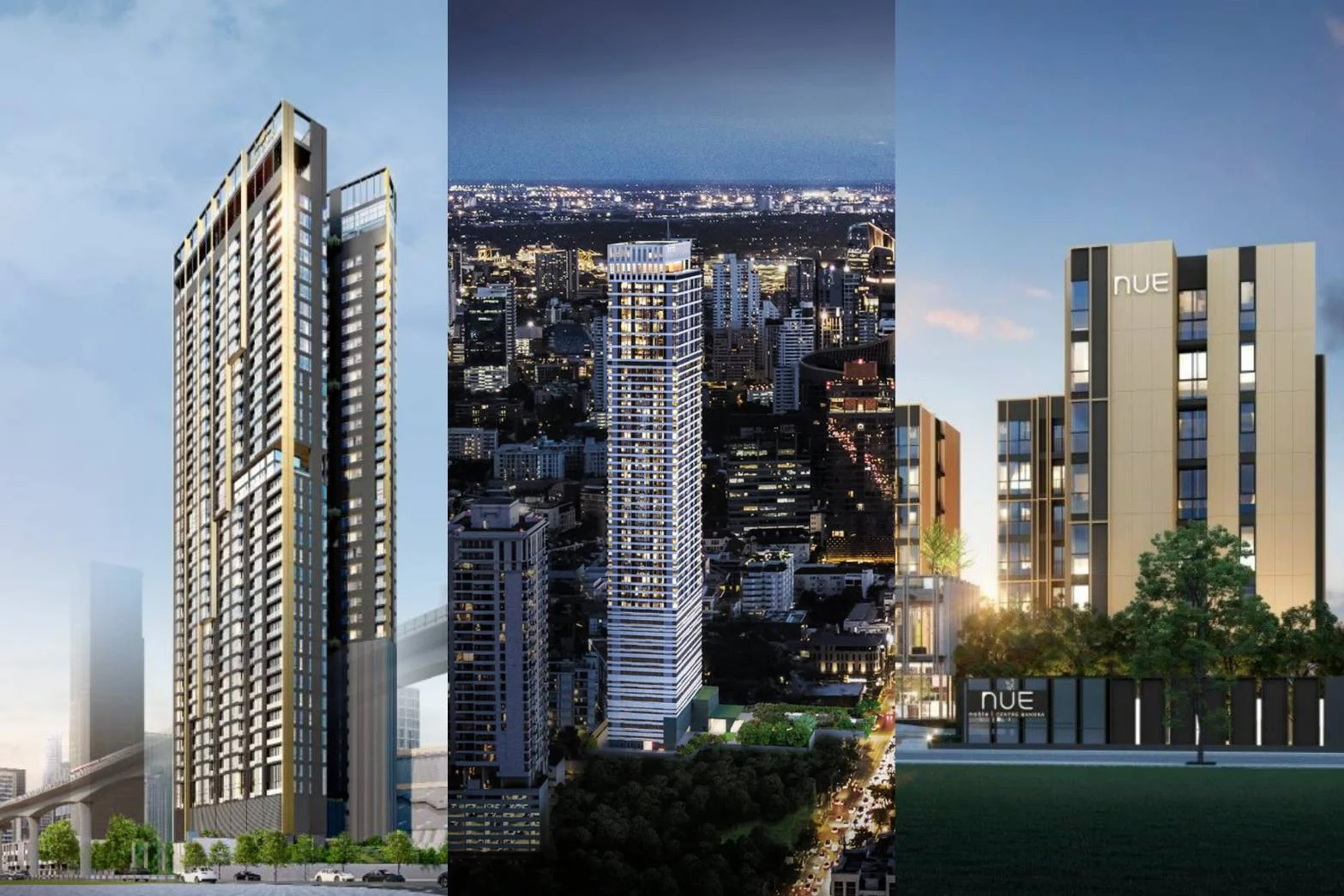Bangkok’s condo market: Buyers rush for ‘ready-to-move’ amid sales slump

The second quarter of this year witnessed a significant slump in sales for newly launched condominiums in Bangkok. Buyers, gripped by mortgage rejection fears, exhibited a strong preference for ready-to-transfer units.
Tritecha Tangmatitham, Managing Director at Supalai, highlighted that a staggering 70% of condo sales in the current year have been for completed units, underscoring a marked shift in consumer behaviour precipitated by the pandemic.
Tritecha expounded on this shift, attributing it to apprehensions regarding mortgage loan approvals for presale condos. The looming spectre of loan rejection weighed heavily on potential buyers, thus driving them towards units ready for transfer.
Remarkably, before the pandemic, sales of ready-to-transfer units accounted for a modest 20-30% of total condo sales. However, last year witnessed an astonishing surge, with these units commanding a whopping 80% of the market.
According to property consultancy firm Knight Frank Thailand, the average sales rate for newly launched condos in Bangkok dwindled from a healthy 48% per quarter during Q1 2018 – Q4 2019 to a meagre 32% from Q1 2020 to Q2 2023.
To put this into perspective, between Q1 2018 and Q4 2019, approximately 15,900 newly launched condo units garnered demand for around 7,700 units each quarter. In stark contrast, the period from Q1 2020 to Q2 2023 witnessed figures of 7,970 units and 2,500 units, respectively.
Despite Q2 2023 boasting the highest number of new condo launches (11,930 units) since Q3 2022, representing a 40% quarter-on-quarter and a 21% year-on-year increase, the sales rate plummeted to 27% from the 42% recorded in Q1, as reported by Bangkok Post.
Nattha Kahapana, Managing Director at Knight Frank Thailand, observed a slower demand recovery, particularly in the lower-priced segment, despite some resurgence in purchasing power.
The surplus of unsold units in affordable projects can be attributed to middle-income buyers facing heightened risks of loan rejection and reduced affordability due to market price fluctuations.
In response, these buyers are turning their attention to the second-hand condo market, where units boast favourable locations, proximity to transportation hubs, and competitive pricing.
This growing trend in the second-hand market is further bolstered by an increase in bank repossessions resulting from loan defaults, which are now categorised as non-performing loans. This pattern is expected to endure, fortifying the second-hand property sector.
Follow more of The Thaiger’s latest stories on our new Facebook page HERE.
Latest Thailand News
Follow The Thaiger on Google News:


























